Review of Marlene Dietrich: The Movie Collection
Introduction
Born in 1901 in Germany, Maria Magdalene Dietrich combined her first names to the then unusual `Marlene` and went on to have a successful career in film and cabaret to the point where she was named the 9th greatest female star of all time by the American Film Institute. Her distinctive look and voice, together with the fact that she was German, prevented her from becoming a Marylin Monroe or Jayne Mansfield type `sex-symbol`, but she became an icon to the point where Madeline Kahn immortalised her through impression in `Blazing Saddles`.
The Devil is a Woman (1935)
In Dietrich`s final collaboration with Josef von Sternberg, Gov. Don Paquito, who is known as `Paquitito` (Edward Everett Horton) arranges to meet the beguiling Concha Perez (Dietrich) after seeing her during a festival in an unnamed Spanish town. He mentions the forthcoming liaison to Capt. Don Pasqual `Pasqualito` Costelar (Lionel Atwill) who, in a series of flashbacks, warns Paquitito of the dangers of becoming involved with Perez.
Edward Everett Horton`s voice-over works perfectly with the tone of the film, Atwill looks like a man whose heart has been well and truly broken and Dietrich is on top form, playing the femme fatale role with relish and thoroughly enjoying the wonderful wardrobe with which she has been supplied.
Seven Sinners (1940)
Marlene Dietrich plays cabaret singer Bijou Blanche whose performances have a habit of starting brawls and she has been banned from singing in most of the islands of the South Seas. Fortunately, she finds herself sharing a ship with the daughter of the governor of Boni Komba and is able to dock and perform at the `Seven Sinners`. She captures the heart of Lt. Dan Brent (a young John Wayne) who is warned not to get involved both by the Navy and local gangster Antro (Oscar Homolka).
Bijou allows Dietrich to showcase her vocal `talents` in a series of musical numbers which, quite frankly, feel staged in the same way as some of those in the MGM `Marx Brothers` films. In his role as a lovestruck lieutenant, John Wayne is quite impressive but the overall film is more a vehicle for Dietrich`s singing than a fully rounded picture.
The Flame of New Orleans (1941)
In 19th century `Nawlins`, Claire Ledoux (Dietrich) juggles the attentions of elderly rich banker Charles Giraud (Roland Young), who she agrees to marry for his money, with handsome sailor Robert Latour (Bruce Cabot). To complicate the romance with Giraud, Ledoux pretends to be a countess and a Russian emigree in order to protect her true identity and play one suitor off against the other.
With the mistaken identity subplot, double-crossing and duplicity, `The Flame of New Orleans` has touches of Shakespearean farce but the film is let down by a poor showing from Dietrich herself. However, seven years on from playing a sea captain in `King Kong`, Bruce Cabot is great as a love interest and a dashing sailor.
Pittsburgh (1942)
The film begins as `Cash` Evans (Randolph Scott) addresses the employees of a factory in a celebration of what has been achieved by the company and what is left to do now the country is at war. During this address he introduces and thanks those who made it possible, including Charles `Pittsburgh` Markham (John Wayne) and `Doc` Powers (Frank Craven) who, following the `rally`, stand in an office, and toast a large painting of Josie `Hunky` Winters (Dietrich) and reminisce. From here, the story moves to the beginning of the relationship between `Cash` and `Pittsburgh` and how they became owners of a large factory producing essential wartime hardware from their humble beginnings as coal miners. Dietrich provides the love interest and part of the conflict between `Cash` and `Pittsburgh` who ultimately fall out when `Pittsburgh` puts personal glory and fortune ahead of friendship and loyalty.
Like Powell and Pressburger`s 1941 thriller `49th Parallel`, this is an unashamedly propagandist film made to shore up the war effort, in this case showing how producing military equipment is more important than individual wealth and that petty squabbling should be put aside. The film is interesting and involving with both Wayne and Scott putting in solid performances, along with Frank Craven who also narrates. However, the intended romantic subplot involving Dietrich was so underdeveloped that it didn`t reach subplot status and felt incidental.
A Foreign Affair (1948)
Billy Wilder revisits the city he fled in 1933, co-writing and directing this story of an American congressional committee which flies in to occupied Berlin to assess the GI`s morals. Among this committee is Phoebe Frost (Jean Arthur), a congresswoman from Iowa, who is shocked at the level of fraternisation between soldiers and German women. When investigating this with the help of Captain John Pringle (John Lund), she comes across Erika Von Schluetow (Dietrich) who has had, and may still have, liaisons with a top Nazi official. Unbeknownst to her, Captain Pringle is in love with Dietrich and is planning to help her leave Germany and matters are further complicated when Frost falls in love with Pringle.
As you would expect with a film co-written and directed by Billy Wilder, this is a fine film with top performances from Marlene Dietrich as the femme fatale and Jean Arthur who shows why her characters is named `Frost`, although they and the film are slightly let down by a dull John Lund.
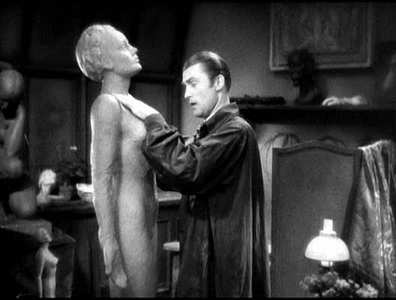
Video
All films are presented in a 1.33:1 fullscreen format, but none appear to have undergone any remastering process for this box set. This would be fine if the transfers were crystal clear but the five films I watched all had varying degrees of grain, some striping and showed their age. For a box set with a RRP of £149.99, I would expect some cleaning up of the negatives and the removal of most of the blemishes, leading to a transfer that is as good as can be.
Each film has 11 subtitle options, from English HoH to French, German, Czech and Danish. Also, each menu is available in the same 11 languages.
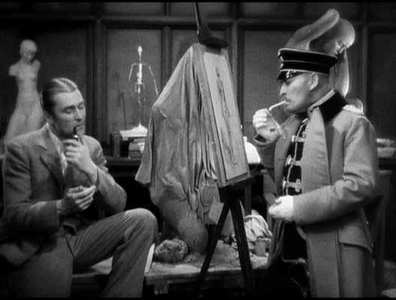
Audio
Each disc only has a 2.0 English mono soundtrack, with clear dialogue throughout, but noticeable hiss on every film but `A Foreign Affair`.
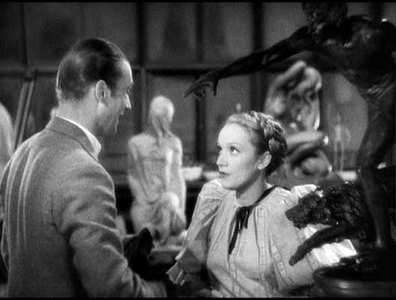
Features
None.
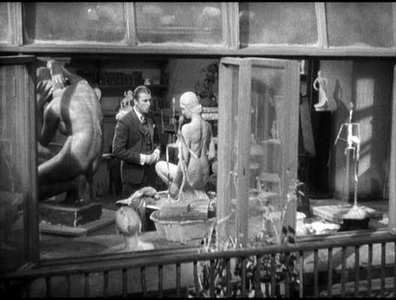
Conclusion
One of cinema`s most enduring female icons, Marlene Dietrich made some superb films throughout her career and some mediocre ones. This set contains the full spectrum although shockingly and inexcusably not `Judgement at Nuremberg` or `Witness for the Prosecution` although whether this is due to a licencing problem is unclear.
These five films show Dietrich at her finest in `The Devil is a Woman` and `A Foreign Affair` and just how ordinary she could be in `The Flame of New Orleans`.
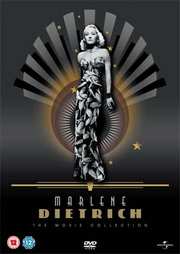
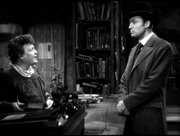
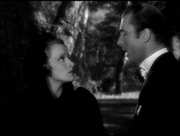
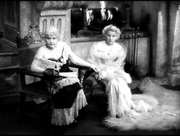
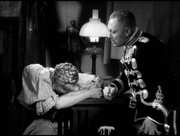





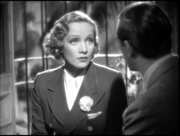
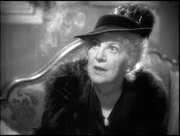
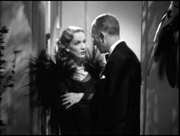
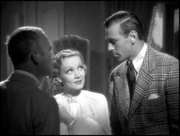
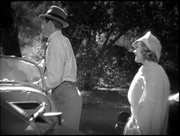
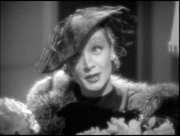

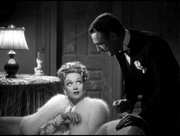
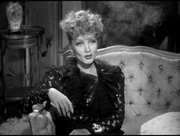
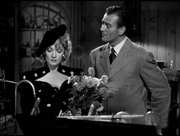
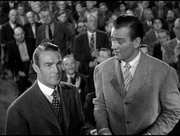
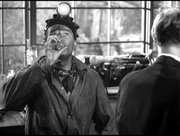

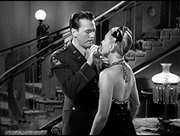
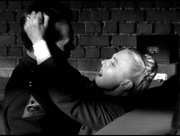
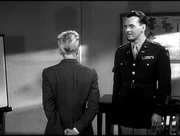
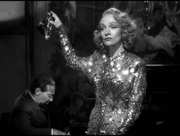
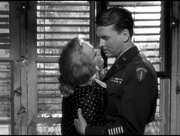
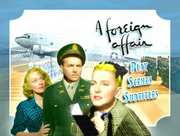
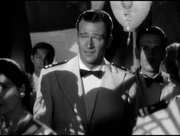
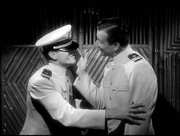
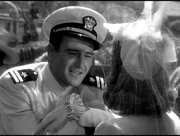
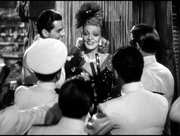
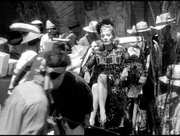
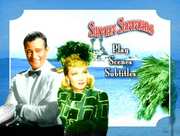
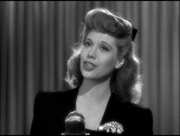
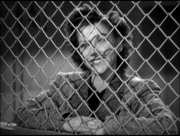
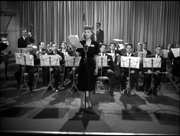
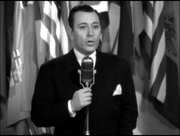
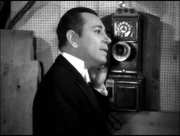
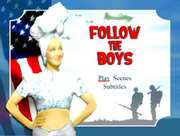
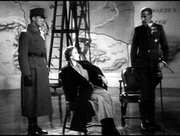
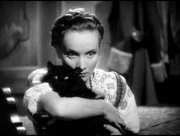
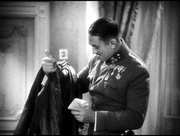
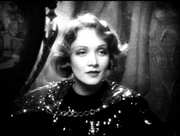
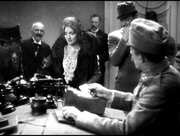
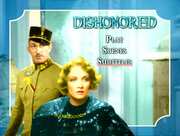
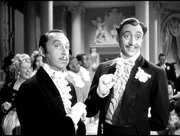
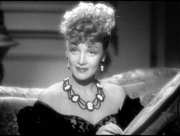
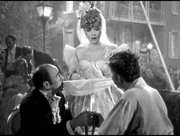
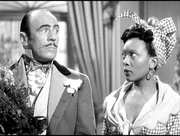
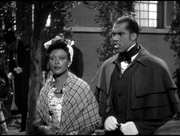
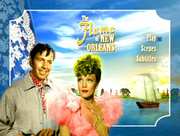
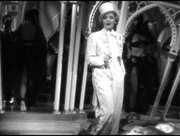
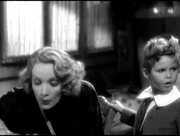
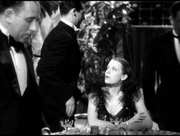
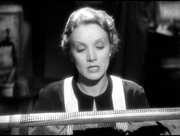
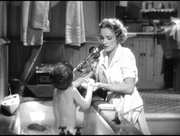
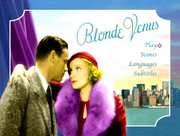
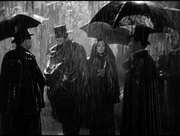
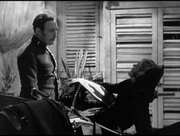
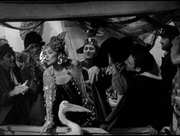
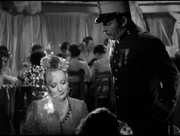
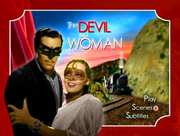
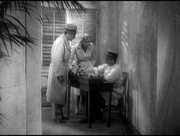
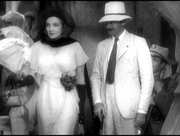
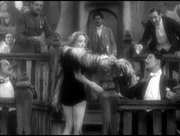
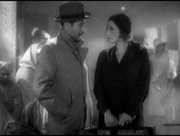
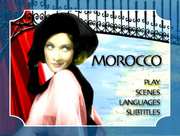
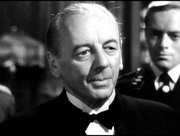
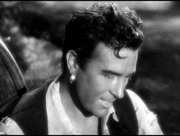
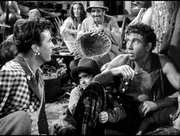
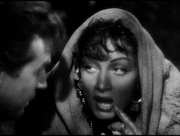

































Your Opinions and Comments
Be the first to post a comment!